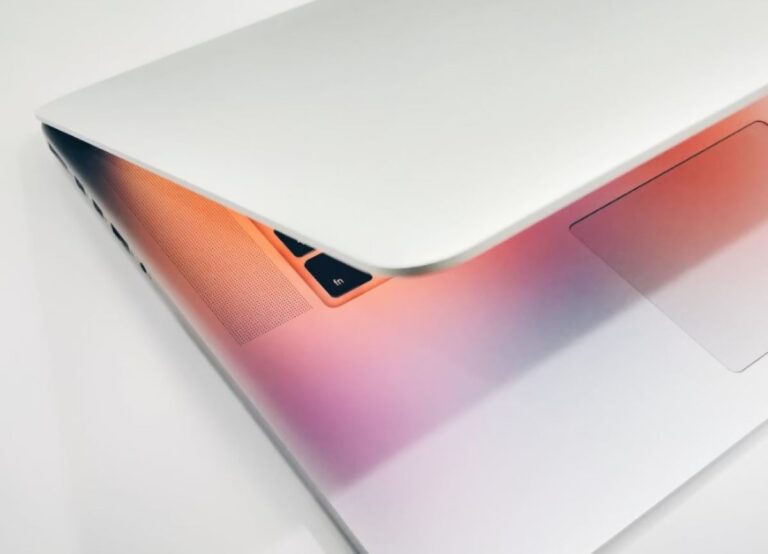In recent years, the term ‘digital detox’ has become increasingly popular. But what does it really mean? And why has it become so important in our increasingly connected society?
Table of Contents
What does it mean and what is it for?
Digital detox, literally ‘digital detox’, is a term used to describe a period in which you decide to unplug from digital devices, such as smartphones, tablets, computers and social media.
It therefore represents an opportunity to move away from technology and restore a balance between the digital world and real life.
Digital detox can take different forms for different people. Some may opt to completely disconnect, while others may choose to reduce the use of digital devices at certain times or for certain activities.
The main objective is to create a space of time free from technology, in order to reconnect with oneself and the surrounding environment.
The purposes of digital detox
Digital detox serves multiple purposes, but the most important is to restore a healthy balance in our lives. We live in an era where we are constantly connected, receive notifications, emails, messages and are bombarded with information coming from all fronts. This constant digital stimulation can have a negative impact on our mental health, physical health and our personal relationships.
When we immerse ourselves in the digital world for long hours, this can:
- negatively impact our ability to concentrate;
- create anxiety, stress and even compromise the quality of sleep.
Furthermore, excessive use of social media can lead to an addiction to ‘likes’, with a consequent loss of self-esteem and sense of personal evaluation based on superficial metrics.
Digital detox, therefore, allows us to:
- find a sense of inner calm;
- improve our concentration;
- strengthen interpersonal relationships;
- reduce stress.
Social detox: why it is important to unplug from social media
Social media has become an integral part of our daily lives. They are a way to connect with others, share moments of life, inform yourself and entertain yourself. However, excessive use of social media can lead to a number of problems.
First of all, social media can be addictive. The idea of constantly receiving notifications, likes and comments can stimulate our mind in a drug-like way, making us addicted to the instant gratification they offer. This can lead to a constant need for external validation and a sense of dissatisfaction if we are unable to get enough interactions online.
Secondly, social media can negatively affect our self-esteem and emotional well-being. We often compare ourselves to the ‘perfect’ lives of others, based on carefully selected images and moments, and feel inadequate or in competition with others.
Furthermore, the lack of authentic and deep interactions can lead to a feeling of loneliness and isolation, despite the presence of thousands of virtual ‘friends’.
Finally, social media can take away precious time that we could be spending on more meaningful things. Spending hours on social media can cause us to lose sight of the activities that bring us joy and satisfaction, such as spending time with our loved ones, pursuing hobbies, or pursuing our personal goals.
How to do a digital detox: 5 practical tips
If you have decided to do a digital detox, here are some practical tips to get the most out of this experience:
- Set a goal: Before starting, you need to think about what you want to achieve from digital detox. It could be restoring balance in your life, improving your mental health, or simply having more free time to pursue other activities. Setting a clear goal helps keep you motivated along the way;
- Create a device-free routine: Set times or activities during which you commit to not using digital devices. For example, you might decide to avoid using smartphones and computers for at least an hour after waking up and before going to bed. Instead, use this time to focus on yourself, meditate, read or exercise;
- Turn off notifications: Social media notifications can be extremely disruptive and constantly interrupt your attention. The suggestion is to turn off notifications from the apps that distract us the most and check our social platforms only when we really need it;
- Find healthy substitutes: During digital detox, try to replace device use with healthier, more rewarding activities such as meeting friends in person, reading a book, exploring nature, or discovering new hobbies;
- Practice mindfulness: While engaging in digital detox, it is helpful to practice mindfulness. Stay in the present moment, enjoy what you are doing and become aware of your emotions and thoughts. This will help develop a greater awareness of how technology affects our lives and how we can manage it in a healthy way.
In summary, digital detox has become a necessity in our increasingly connected society. Unplugging from digital devices and social media allows us to find a healthy balance, improve our mental health and strengthen our personal relationships.
Read also: Turn off your computer at night or put it on standby? What the experts say












